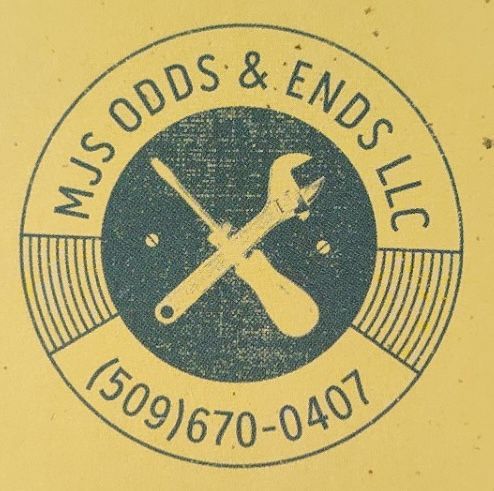Septic System Maintenance: A Homeowner's Guide for Rural Washington
Rural Washington homeowners rely on septic systems for waste management, making proper maintenance essential for protecting both your property value and environmental health. Understanding your system's needs prevents costly emergencies and ensures reliable operation for decades.
Understanding Your Septic System
Most residential septic systems consist of three main components: the septic tank, distribution box, and drain field. Waste enters the tank where solids settle and bacteria break down organic matter. Liquid effluent flows to the drain field where soil filters provide final treatment.
System size and design vary based on household size, soil conditions, and local regulations. Professional septic system installation and repair ensures optimal sizing and compliance with Washington State health department requirements.
Regular Maintenance Schedule
Septic tanks require pumping every 3-5 years depending on household size and usage patterns. Larger families or homes with garbage disposals may need more frequent service. Regular pumping removes accumulated solids that could otherwise clog your drain field.
Annual inspections help identify potential issues before they become expensive problems. Professional technicians check for cracks, proper liquid levels, and drain field performance during these visits.
Warning Signs of System Problems
Slow drains, sewage odors, or soggy areas in your yard signal potential septic issues. Bright green grass over the drain field might indicate system failure rather than healthy lawn growth. These symptoms require immediate professional attention to prevent health hazards and environmental contamination.
Gurgling sounds from plumbing fixtures or sewage backing up into your home represent serious problems requiring emergency response.
Best Practices for System Longevity
Conservative water usage protects your septic system from overload. Spread laundry loads throughout the week rather than doing multiple loads in one day. Fix leaky faucets and running toilets promptly to prevent unnecessary strain on your system.
Avoid flushing non-biodegradable items like diapers, feminine products, or excessive toilet paper. Harsh chemicals and antibacterial soaps can disrupt beneficial bacteria that break down waste naturally.
Professional Service Benefits
Professional septic service goes beyond simple pumping. Experienced technicians understand Washington's soil conditions, climate factors, and regulatory requirements. At MJ's Odds & Ends , our 40+ years of experience includes extensive work with rural septic systems throughout the Wenatchee Valley.
We're available 24/7 for emergency situations at (509) 670-0407 because septic failures don't follow convenient schedules. Our comprehensive approach includes system evaluation, maintenance recommendations, and repair services when needed.
For detailed maintenance schedules and troubleshooting tips, visit our resources page where you'll find helpful guides for all your home systems.
